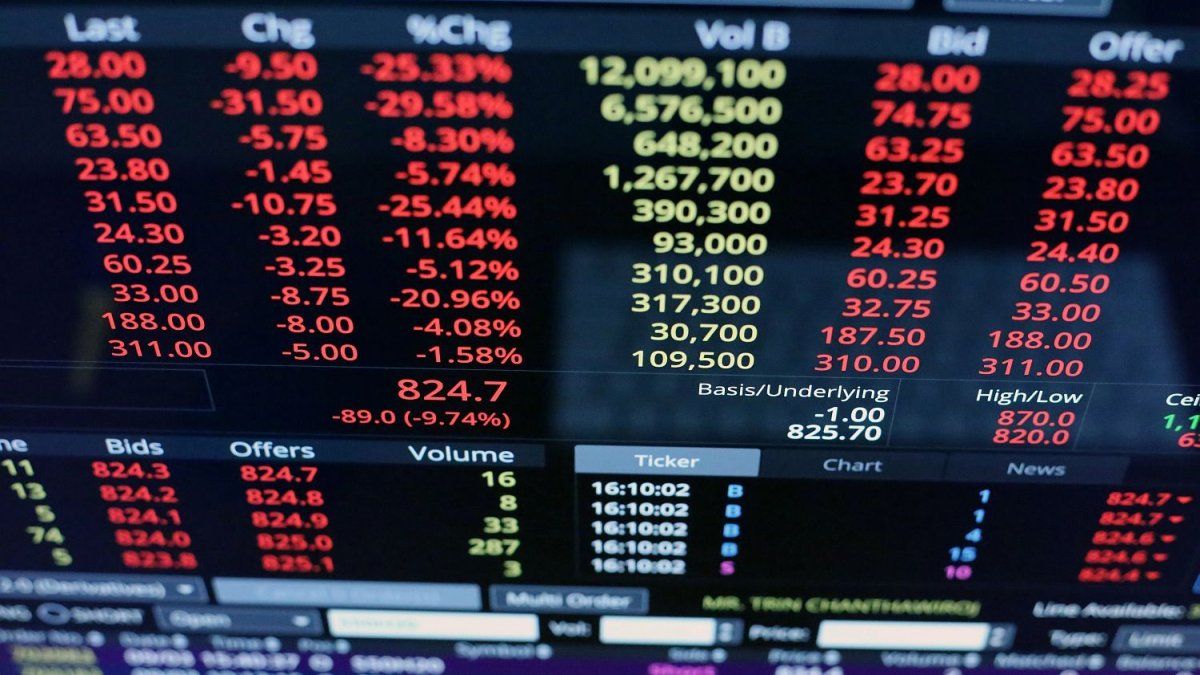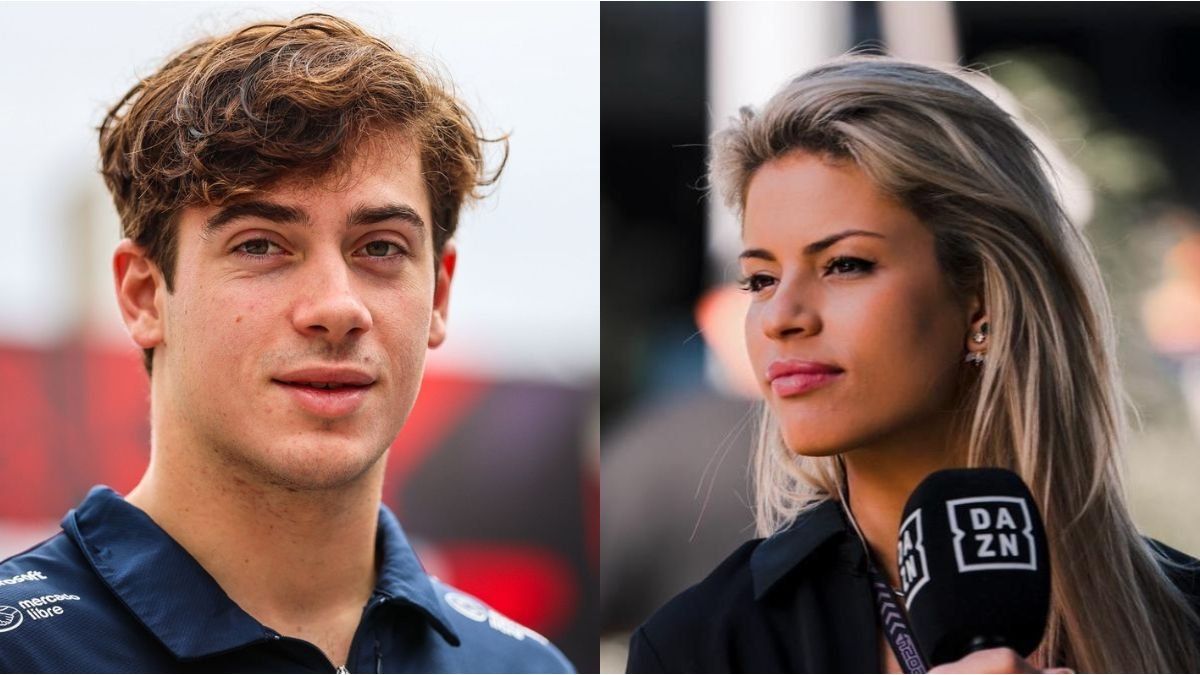TV and streaming
The Boom of Trash-TV: always new shows and a big question
Copy the current link
Add to the memorial list
People like Martin Semmelrogge, Linda Nobat and Jennifer Iglesias will be back to the reality arena in the next few weeks. A lot of drama, simple roller pattern, little depth. Why do millions love?
For friends of Trash-TV, the high season begins in the next few weeks. RTLZWEI, for example, has put together a colorful group for a classic: The TV Haudegen Martin Semmelrogge will fight for 50,000 euros in prize money as well as the ex-erotic actress and former FDP local politician Annina Semmelhaack and the “Make Love, Fake Love” gigolo Dennis Lodi Jungle camper Linda Nobat, the reality veteran Frank Fussbroich, as well as 17 other stars and asterisks. The start at RTL+ on April 30th, and at RTLZWE on May 7th.
When C-celebrities have to couple their past love
Almost simultaneously on May 1st “Match My Ex” starts Joyn, where personalities like “Celebrity Big Brother” participant Jennifer Iglesias and “Prominent separately” candidate Lukas Baltruschat each couple their ex-partner. Both shows are cried, roared and blasphemed again.
In some such programs, you almost sink from external shame in the couch. Nevertheless, formats such as “The Summer House of the Stars” and “Celebrity Big Brother” are the long -running favorite and reach a large audience. The question remains: Why do so many people look at it?
Gossip and gossip are rooted in human nature
“This voyeurism that people have, gossip, these are things that are deeply rooted in human nature,” says media psychologist Benjamin Lange. “So this classic: car accident, I don’t really want to look and look away.”
“There are other people who make up fleece, embarrassing, embarrassing,” says Lange. “And often it is just the case that we feel better when others embarrass themselves when others are embarrassing. Then there is a contrast effect, because then we feel far above these people.”
Shallow entertainment offers distraction
This media world also offers a manageable counterpart to the very complex reality, says Joan Bleicher, professor of media science. “There is a very simple dramaturgy, with very stereotypical figures and a lot of emotions,” says Joan Bleicher, professor of media science. In addition, you can exchange ideas with Trash-TV.
“Simply want to be distracted, relaxation and sometimes shallow entertainment. You can’t deal with highly intellectual things all day,” says Lange.
Nobody admits, but everyone turns on
Really admit that one or the other dating format sometimes likes to watch, very few. Many deliberately consume the programs ironic to distanc the morally.
“I just want to see how this show, which is actually made for others, what it looks like, how it works,” explains the human thoughts behind it.
Or: “I have dealt with some academic things all day. Now I come home and now I want to do the opposite. I deserve that now.”
In human behavior, the desire, the need or impulse often win. “But in retrospect there are also mixed feelings. We want to see ourselves as moral people, decent people, sophisticated, intellectual, formed. And then we look at such a show. We’ll somehow not fit together.”
Many formats live from crossing border
Many of the formats lived from crossing border in terms of physical and psychological violence, Bleicher recalls. “They live from arguments and they live from the actual, often also financial exploitation of the participants. And we promote all of this with our consumption.”
You should consider how to assess the ethical problems of some formats and how to react to it. Because: “Taboo limits are increasingly being expanded. Where people from formats were still excluded because of fights, for example, they are now retained,” says the media psychologist.
Why is it actually called trash TV?
The hype about such programs has been around for a long time. “As early as 2001, after the success of the first” Big Brother season “, there was a very strong differentiation of the formats,” says Bleicher.
But where does the term trash TV come from? “The term, I think, marks the low claim in the complexity of these formats,” says Bleicher. “The trash also includes constant roaring, insults and insults with which conflicts and discussions are held.”
dpa
Source: Stern
I am an author and journalist who has worked in the entertainment industry for over a decade. I currently work as a news editor at a major news website, and my focus is on covering the latest trends in entertainment. I also write occasional pieces for other outlets, and have authored two books about the entertainment industry.




